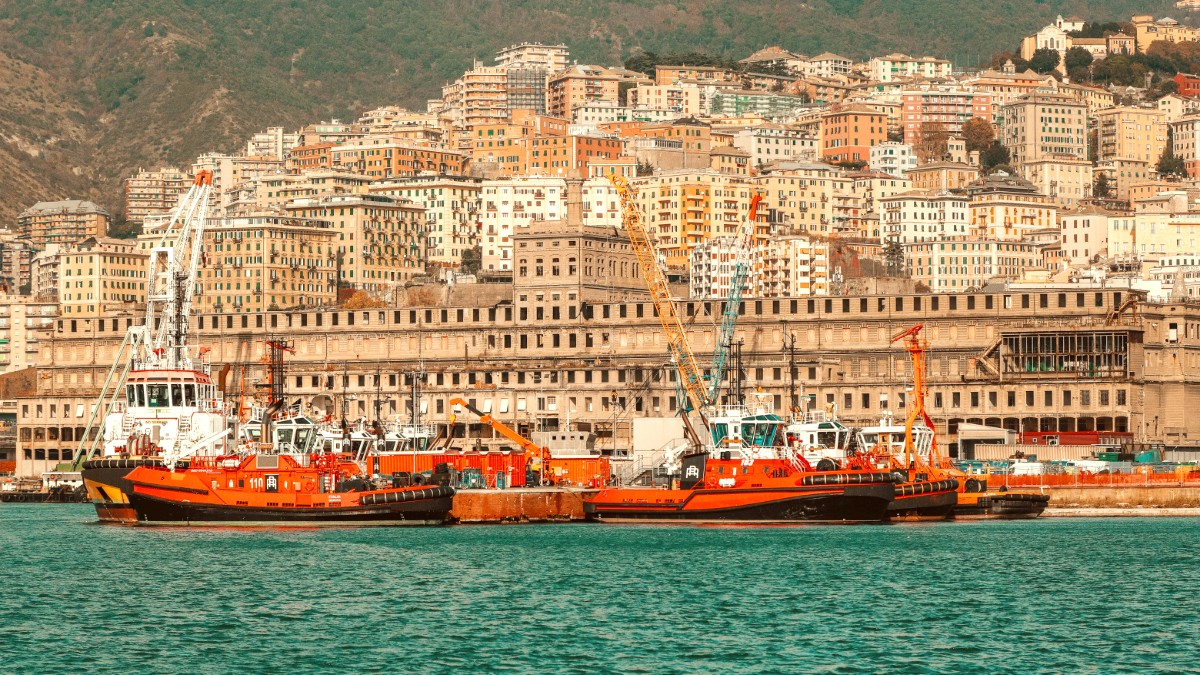
Liguria Piedmont And Valle Daosta, Italy
Minimize your environmental footprint by being aware of local efforts and practices. Liguria features several important natural parks for preserving biodiversity.
Demonstrate respect for local culture by interacting politely, dressing appropriately for sites, and understanding local customs around photography and religious spaces.
Support the local economy by patronizing authentic Genoese businesses, choosing locally made souvenirs, and considering community-based tourism initiatives.
Minimize your environmental footprint by being aware of local efforts and practices.
Liguria includes several important natural parks, like the Portofino Regional Park and the Cinque Terre National Park. These areas focus on preserving biodiversity and natural landscapes. When visiting, stay on designated paths, follow park regulations, and avoid disturbing wildlife or plants.
Italy implements a comprehensive recycling system. Look for separate bins for paper ("carta"), plastic and metal ("plastica/metallo"), organic waste ("organico"), and unsorted waste ("indifferenziata"). Sort your waste appropriately.
Travelers who observe local customs and traditions contribute to a positive cultural exchange. Learning about Genoese history and heritage supports local preservation efforts.
When visiting churches or other religious sites, dress modestly. Ensure your shoulders and knees are covered. Keep your voice low and avoid eating, drinking, or loud conversations inside. Remember these are places of worship.
Choose authentic Genoese restaurants, cafes, and shops over large international chains. This maintains the city's unique character and supports local livelihoods.
When buying souvenirs or goods, prioritize items that are locally made and represent fair trade practices. Buy directly from artisans or small producers.
Carry a reusable water bottle and fill it from public fountains or your hotel tap. This minimizes plastic waste and saves money. Many Italian cities feature public water sources.
Responsible travel extends to supporting local communities and avoiding detrimental practices.
Seek out and support tourism initiatives that directly benefit local communities. This might involve staying in family-run B&Bs, eating at traditional trattorias, or taking tours led by local guides.
Be aware of issues like illegal street vending. Avoid purchasing counterfeit goods, as these often contribute to illegal trade and do not support legitimate local businesses.
If you feel inclined to give to those in need, consider donating to recognized local charities or non-governmental organizations rather than giving directly to beggars. This helps your contribution reach those who can use it most effectively.
Opt for products with minimal packaging and avoid unnecessary consumption to reduce waste and resource use.
Explore markets like Mercato Orientale for fresh, seasonal produce and local specialties.
Choose traditional trattorias that often source ingredients from nearby farms and fisheries.
Enjoy Ligurian cuisine which frequently uses local olive oil, pesto, and fresh seafood.
Do not feed wild animals, especially in natural parks. Feeding can disrupt their natural behaviors and health. Observe wildlife from a distance without interference.
Always carry out everything you carry in. Pack out all trash, including food scraps. Leave natural areas as pristine as you found them for future enjoyment.